It's a good thing we don't get all the government we pay for
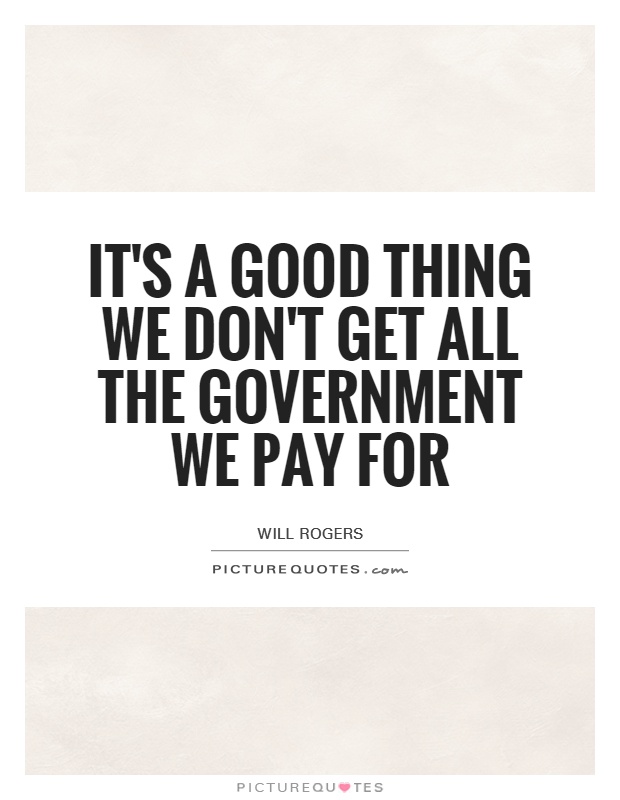
It's a good thing we don't get all the government we pay for
Will Rogers, the beloved American humorist and social commentator, once famously quipped, "It's a good thing we don't get all the government we pay for." This statement, though humorous on the surface, carries a deeper meaning about the nature of government and the expectations we have as citizens.Rogers' statement reflects the idea that government is often inefficient, wasteful, and sometimes even corrupt. Despite the fact that we pay taxes to fund government services and programs, we do not always see a direct correlation between the amount of money we contribute and the quality of services we receive in return. This disconnect can be frustrating for many citizens who feel that their hard-earned money is not being put to good use by the government.
However, Rogers' statement also suggests that perhaps it is a good thing that we do not get all the government we pay for. This can be interpreted in a few different ways. One interpretation is that if the government were to fully utilize all the funds it receives from taxpayers, it could potentially become too powerful and intrusive in our lives. By not getting all the government we pay for, we are able to maintain a level of autonomy and independence from the government.
Another interpretation of Rogers' statement is that it highlights the importance of holding government officials accountable for how they spend taxpayer money. If we were to blindly accept everything the government does with our tax dollars, we would be neglecting our duty as citizens to ensure that our government is acting in our best interests. By questioning and scrutinizing government spending, we are able to hold our elected officials accountable and demand transparency and efficiency in how our tax dollars are used.
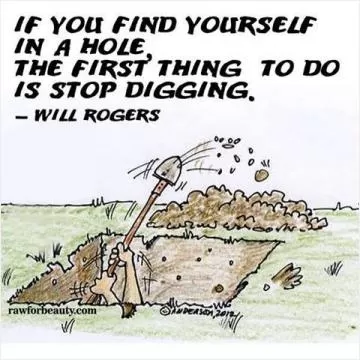
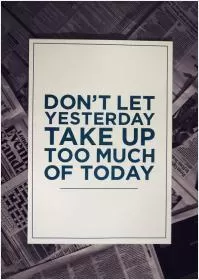
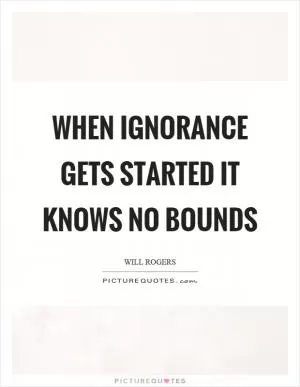
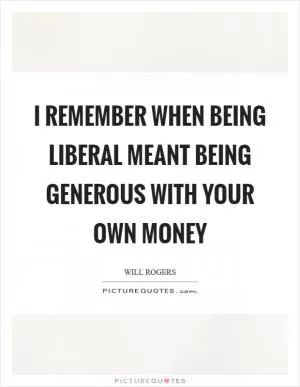
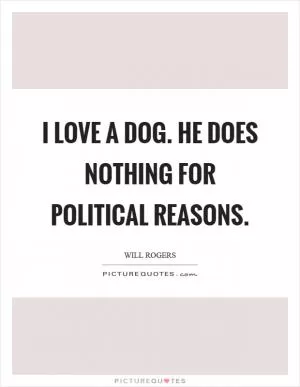


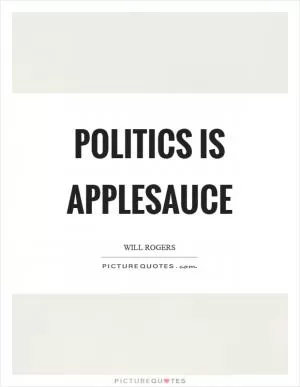
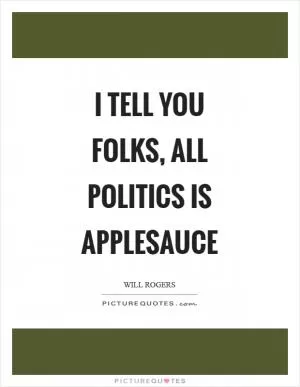
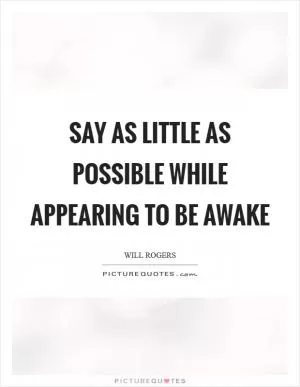
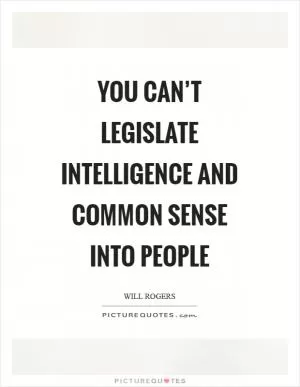
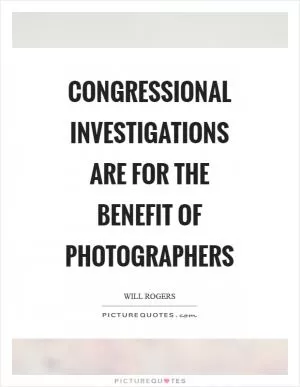
 Friendship Quotes
Friendship Quotes Love Quotes
Love Quotes Life Quotes
Life Quotes Funny Quotes
Funny Quotes Motivational Quotes
Motivational Quotes Inspirational Quotes
Inspirational Quotes